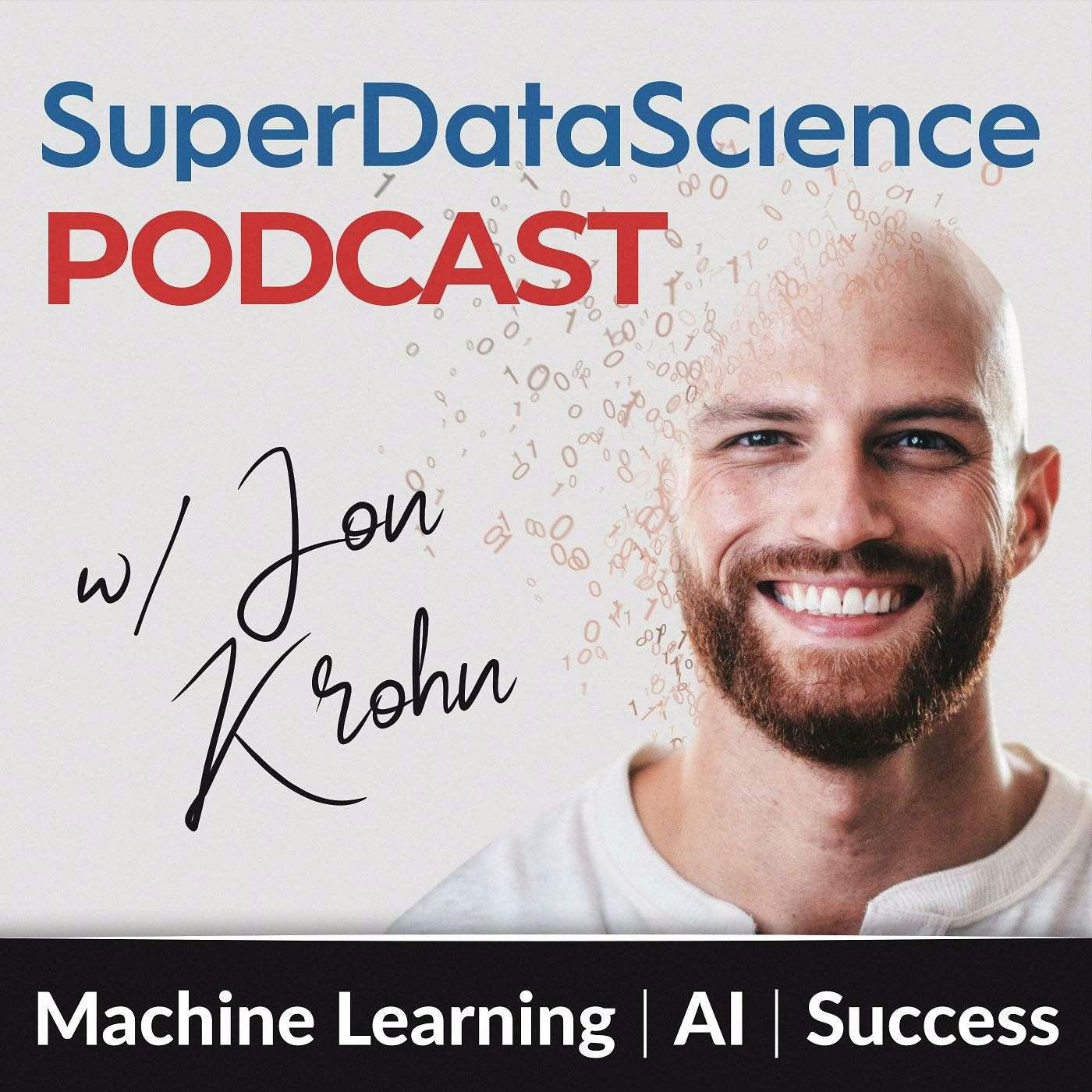
844: In Case You Missed It in November 2024

Super Data Science: ML & AI Podcast with Jon Krohn
Deep Dive
How has AI impacted the number of job applications on platforms like LinkedIn?
Pre-AI tools, LinkedIn job posts received around 250 applicants. Post-AI tools, this number has increased tenfold to 2,500 applicants per job post, as candidates use AI to optimize their resumes for Applicant Tracking Systems (ATS).
What does Dipali Vyas suggest as the next evolution in job applications to stand out?
Dipali Vyas believes video will be the next generation of job applications. She suggests that candidates will need to showcase themselves authentically through video to differentiate from AI-generated resumes.
What are the key skills Jess Ramos recommends for someone starting in data analytics or data science?
Jess Ramos recommends starting with basic data visualization tools like Power BI or Tableau to understand data types and basic statistics. She also emphasizes the importance of SQL as a foundational skill for data manipulation and cleaning, which can be transferred to other tools like Power BI or Tableau.
What are Jess Ramos' thoughts on bootcamps versus traditional education for entering data science?
Jess Ramos believes the choice depends on individual goals, financial means, and time constraints. While she values her graduate degree, she acknowledges that not everyone can afford it. She recommends bootcamps for structured learning but cautions against expensive, predatory ones, suggesting self-guided learning as a cheaper, disciplined alternative.
How can AI models be applied to protein generation, according to Brian McCann?
Brian McCann explains that AI models, like the one used in the Progen paper, can generate protein sequences that do not exist in nature but have better fitness and lower energy, making them more effective for specific tasks. This approach leverages the similarity between protein sequences and language models.
What does Brian McCann suggest about the future of AI in science?
Brian McCann believes AI could revolutionize science by unifying knowledge across disciplines, creating high-dimensional representations of all subjects. This could lead to breakthroughs in understanding the universe that are beyond human capability.
Why does Martin Goodson believe there's a disconnect between AI celebrities and AI experts?
Martin Goodson attributes the disconnect to overhyped claims by some academics and the public's reliance on high-profile tech personalities like Elon Musk or Bill Gates for AI understanding. He argues that rigorous scientific culture needs to be upheld to bridge this gap.
Shownotes Transcript
In this episode of “In Case You Missed It”, in which we round up our favorite moments from the previous month of interviews, Jon Krohn asks his guests about the future of recruitment and job applications, the multiple pathways to a career in AI, the potential of AI in developing proteins for improved healthcare, and how “AI celebrity” doesn’t necessarily equate to “AI expert”.
Additional materials: www.superdatascience.com/844)
Interested in sponsoring a SuperDataScience Podcast episode? Email [email protected] for sponsorship information.